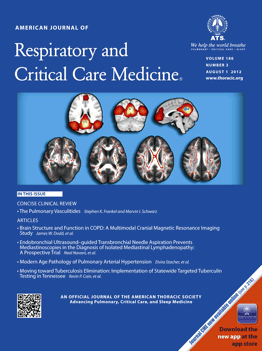 Last December, we reported on a Journal of Immunology paper that was retracted after a Cardiff University investigation found the senior author had inappropriately manipulated images. The inquiry found that there had been “no intention to mislead and subsequent repeats of the original experiments have shown that the paper’s conclusions remain sound,” the university told us at that time.
Last December, we reported on a Journal of Immunology paper that was retracted after a Cardiff University investigation found the senior author had inappropriately manipulated images. The inquiry found that there had been “no intention to mislead and subsequent repeats of the original experiments have shown that the paper’s conclusions remain sound,” the university told us at that time.
The senior author of the paper, Rossen Donev, had since moved on to the University of Swansea, and Cardiff had notified the Medical Research Council, which funded the work. The case seemed to end there.
But other work by Donev’s former lab group, which is led by BP Morgan, the dean of Cardiff’s medical school, has been the subject of scrutiny by at least one anonymous whistleblower. That whistleblower’s allegations — which also center on image manipulation — have been reported on the relatively new site Science Fraud, which posts allegations anonymously. They involve papers published in Cancer Research, Molecular Immunology, and the American Journal of Physiology.
We’ve now learned that Cardiff has “initiated its Procedure for Dealing with Allegations of Academic Misconduct in Research” after Clare Francis, another anonymous whistleblower whose name will probably be familiar to Retraction Watch readers, forwarded the concerns to university officials. Now, according to an email from Carole A Evans, Cardiff’s Director of Governance and Compliance Division: Continue reading Cardiff University looking into allegations of misconduct by group headed by its dean of medicine








